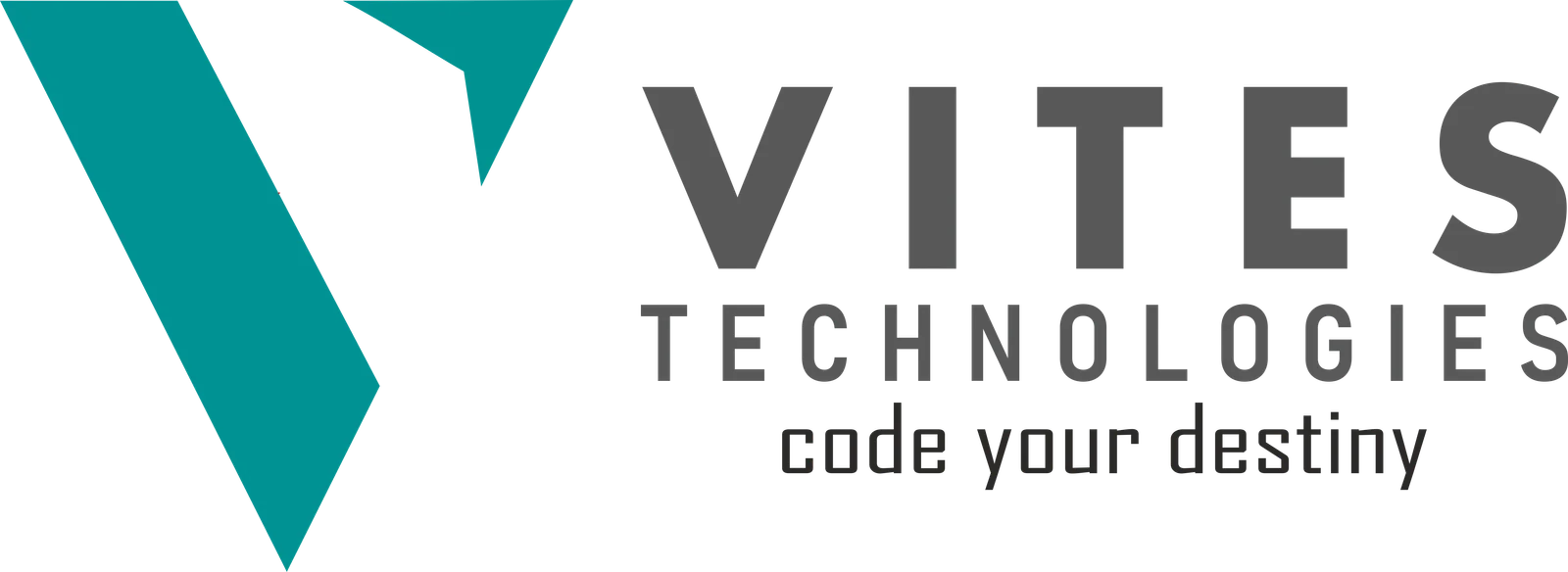Our Digital Marketing course is designed to provide a comprehensive exploration of the strategies, tools, and techniques essential for navigating and excelling in today’s digital landscape. This course covers a wide array of topics ranging from search engine optimization (SEO) to social media marketing, email marketing, content marketing, and analytics.
Key highlights of our Digital Marketing course include:
Core Concepts and Strategies: Students begin by understanding the foundational principles of digital marketing:
- SEO (Search Engine Optimization): They learn to optimize websites to improve organic search engine rankings, covering keyword research, on-page and off-page SEO techniques, and SEO tools.
- Social Media Marketing: Practical exercises focus on leveraging social media platforms (e.g., Facebook, Instagram, LinkedIn, Twitter) to build brand awareness, engage audiences, and drive traffic and conversions.
- Email Marketing: Students explore effective email marketing strategies, including list building, segmentation, campaign creation, and performance tracking. They also learn to use email automation tools for personalized communication.
Content Marketing and Strategy: The course emphasizes the importance of content in digital marketing:
- Content Creation: Students learn to create compelling and relevant content for various digital channels, including websites, blogs, social media, and email newsletters.
- Content Distribution: They explore content distribution strategies, content calendar management, and techniques for maximizing content reach and engagement.
Digital Advertising: Practical insights are provided into digital advertising platforms and techniques:
- Paid Search (PPC): Students gain hands-on experience in creating and optimizing pay-per-click advertising campaigns on platforms like Google Ads.
- Display Advertising: They learn to design and execute display advertising campaigns, including banner ads and remarketing strategies.
Analytics and Performance Optimization: The course covers the use of analytics tools to measure and optimize digital marketing performance:
- Google Analytics: Students learn to set up and navigate Google Analytics to track website traffic, user behavior, conversion rates, and campaign performance metrics.
- Performance Optimization: They gain insights into interpreting analytics data to make informed decisions, optimize marketing campaigns, and achieve business objectives.
Hands-on Projects and Practical Exercises: Practical learning forms a significant part of the course:
- Campaign Development: Students work on real-world projects to develop and execute digital marketing campaigns across multiple channels.
- Analytics Interpretation: They analyze campaign data, identify trends, and make data-driven recommendations to improve campaign effectiveness and ROI.
Career Readiness: By the end of the Digital Marketing course, students are equipped with a diverse skill set and practical experience essential for success in various digital marketing roles:
- Digital Marketing Specialist: They are prepared to pursue careers as digital marketing specialists, social media managers, SEO analysts, content marketers, or digital marketing consultants.
- Adaptability and Innovation: Armed with up-to-date knowledge of digital marketing trends and best practices, graduates are ready to adapt to the evolving digital landscape and drive business growth through effective digital strategies.
